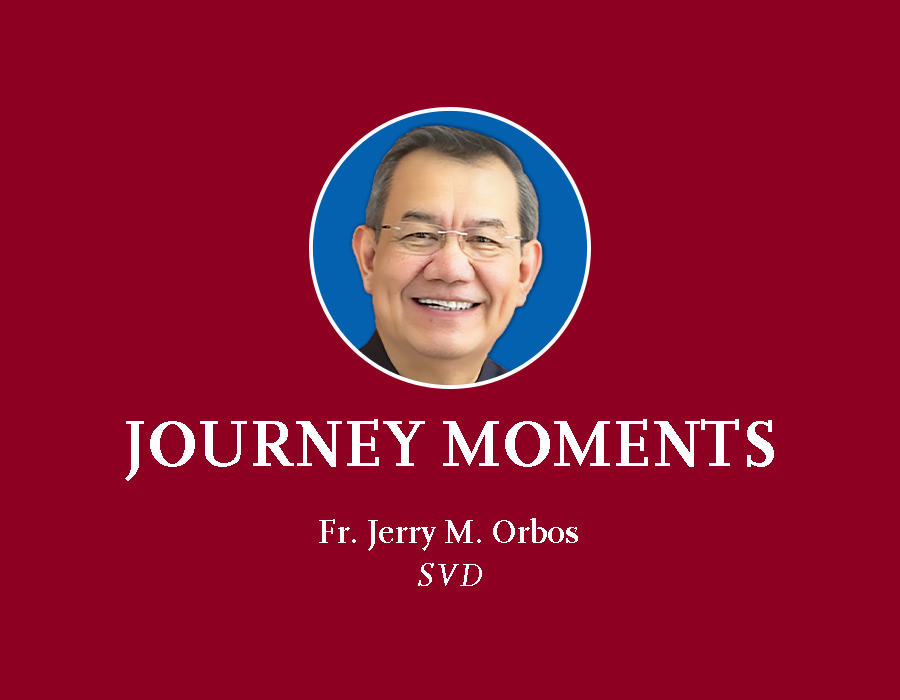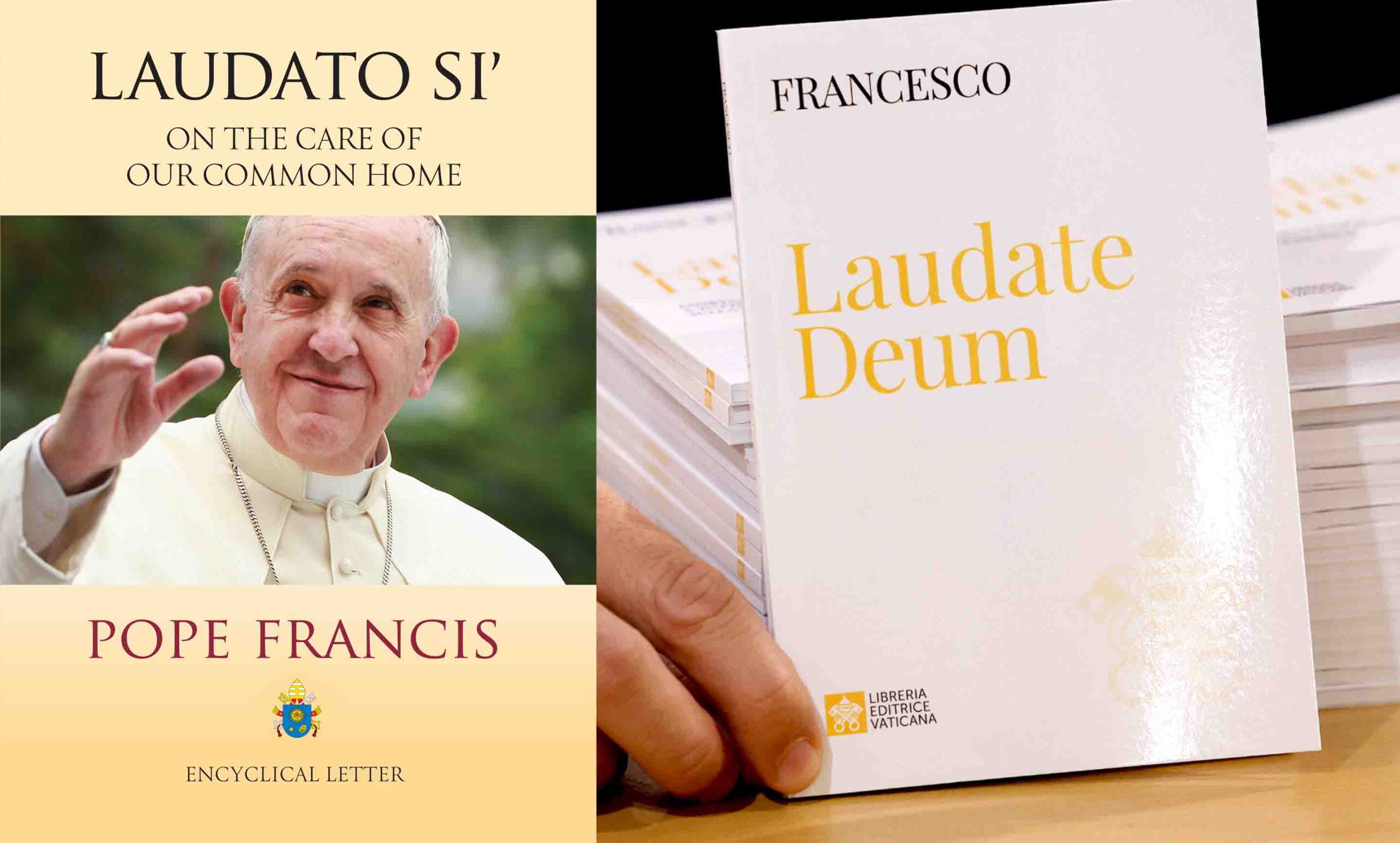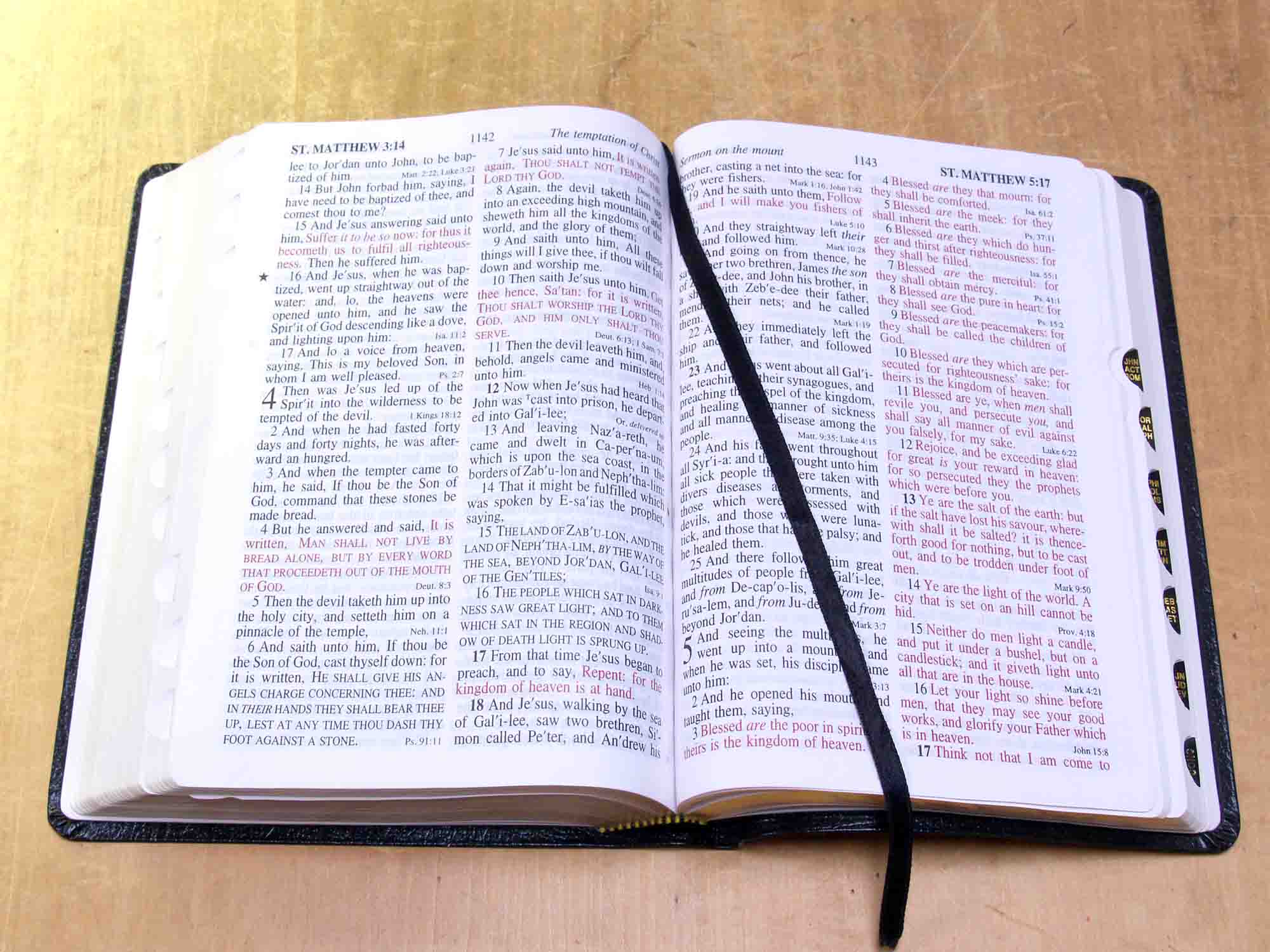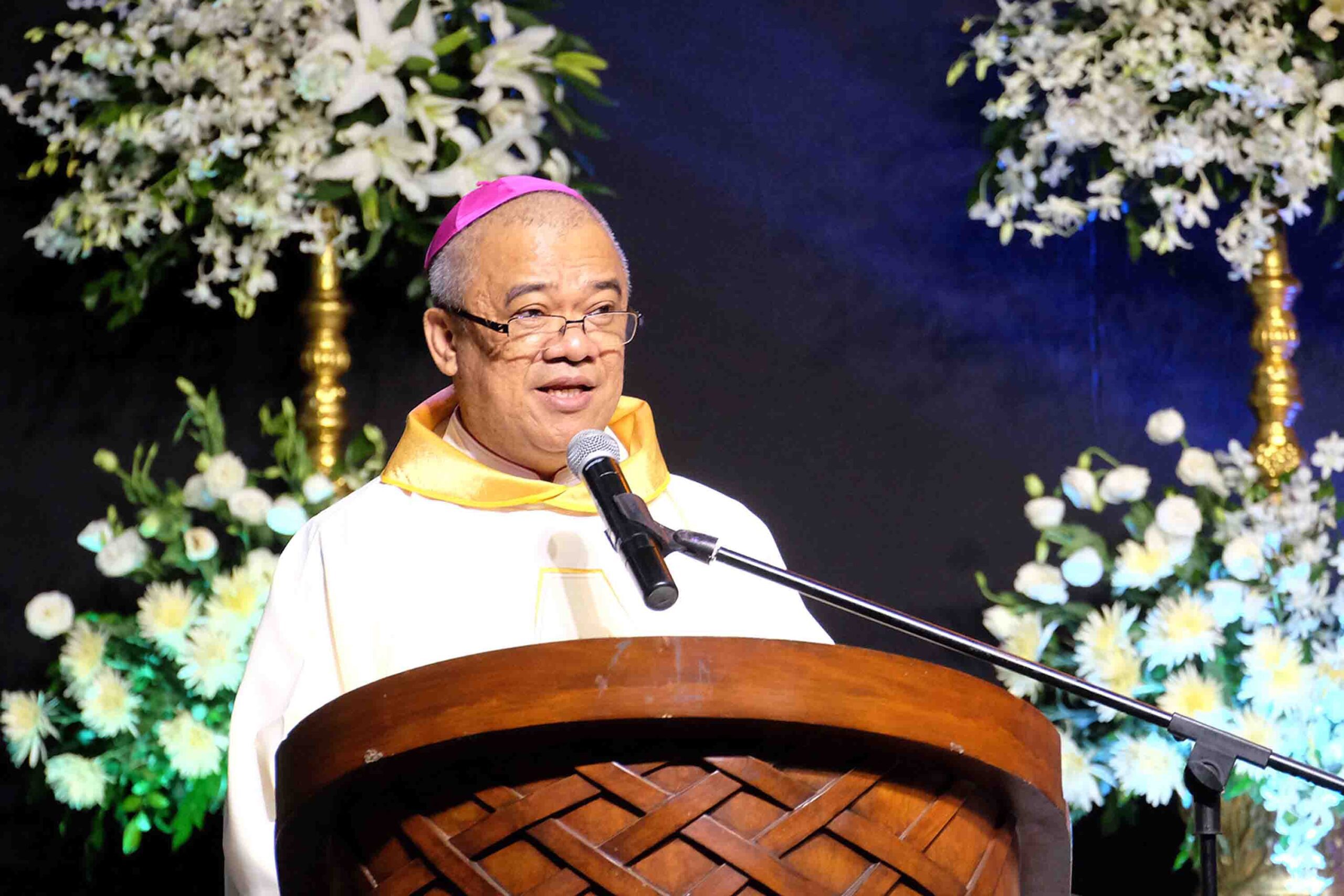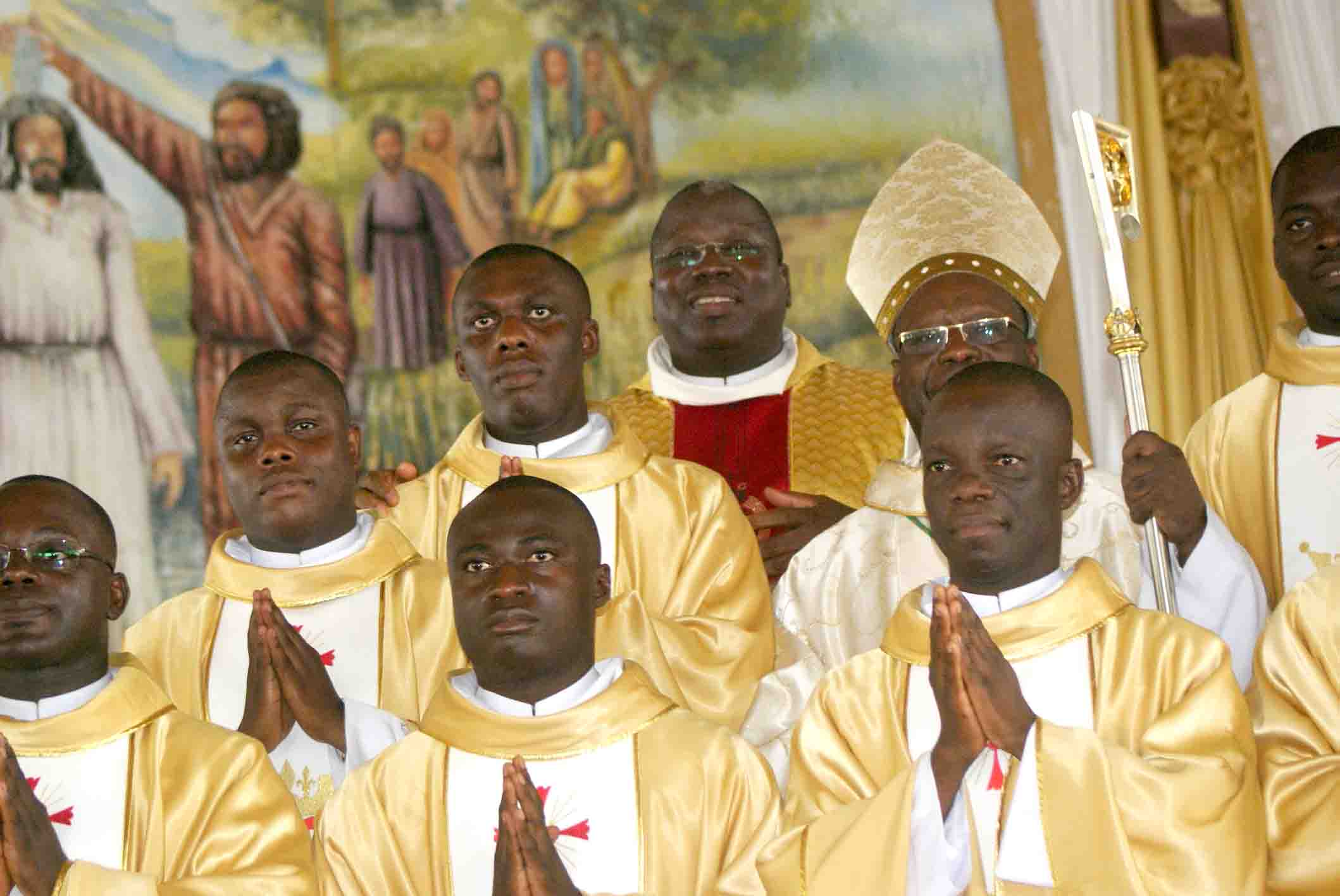A vocation, God’s gift to each person, is a manifestation of the Lord’s love for each one of us, an unconditional love that begins even before we are born. We can understand this through Jeremiah’s vocation when the Lord tells him: “Before I formed you in your mother’s womb, I knew you; before you came out of your mother’s womb, I consecrated you and made you a prophet to the nations” (Jeremiah 1:4-5).
God loves us, knows us, calls us to happiness, and in our hearts, there will always be a thirst for God, for His love, for doing His will, despite fears, doubts, and longings. Pope Francis says that “vocation is a fruit that ripens in the well-cultivated soil of love for one another, which becomes reciprocal service, in the context of authentic ecclesial life. No vocation is born by itself, nor does it live for itself. A vocation springs from the heart of God and germinates in the good soil of a faithful people, in the experience of fraternal love” (Pope Francis, Message for the 51st World Day of Prayer for Vocations).
LIVING FULLY
On the journey of personal discernment, it is important to understand our essence, what makes us happy, and what we are called to. Not everyone is called to be a prophet to the nations like Jeremiah, but we are called to a specific vocation! And if we are faithful to our vocation, we are sure to do wonderful things in our relationship with God, in our lives and the lives of those around us.
To live our vocation fully is to take on the desire to be saints (1 Peter 1:16) or, as St. Daniel Comboni says, “holy and capable.” Building a better, fairer, and more fraternal world involves genuinely living our vocation. Saint Alphonsus Rodriguez, a Jesuit brother, was a school janitor and, in the simplicity of his life, managed to be a light for those who came across him. It wasn’t easy for Jeremiah, who said he was too young (Jeremiah 1:6), to take up his vocation, just as it isn’t easy for each person to understand (and sometimes accept) their vocation.
It wasn’t easy for me either to take on the desire to live a lay and missionary vocation and leave for another land, leaving my country, work, and friends. How many times did I think I didn’t have gifts to share, that I wouldn’t fit in? How many times was I questioned about what I was going to do, whether I was sure of what I was doing? How many times was I told that there is so much to do in our country? Spiritual discernment, prayer and listening to God have enabled me to understand what I am called to. Everyone is called to something specific and the important thing is to live our vocation with joy, whether in our village, town or city, or in another country. The words of St. John Paul II echo in us: “Brothers and sisters: do not be afraid to welcome Christ.”
On our journey, God seduces us and encourages us to live our vocation. He doesn’t impose! But patiently, he manages to break down our barriers and our resistance, and in the end, when we have won, we will say, “You have mastered me and conquered me.”
FIDELITY TO HIS VOCATION
In his fidelity to his vocation, Jeremiah suffered. As he himself admitted–“I am the object of continual ridicule, and everyone mocks me” (Jeremiah 20:7)-he even wished for his death (Jeremiah 20:17). In fact, Jeremiah even wished that he could no longer think or speak of God. However, he ended up confessing: “His word was a devouring fire in my heart, shut up in my bones” (Jeremiah 20:9).
Taking on God’s vocation in our lives can be very difficult. Living the values of the Kingdom, often considered outdated by society, listening to God’s will when ours is completely different is uncomfortable, it creates tension. It happened to Jeremiah, to many men and women throughout the ages, and it happens today. But Jeremiah was faithful. Despite his pain and regrets, Jeremiah fulfilled his mission; he spoke of God to the people, inviting them to conversion (Jeremiah 7:3), and he denounced the worship of other gods (Jeremiah 7:16-20) and social injustice (Jeremiah 12:1-5).
In Jeremiah’s vocational story, we see that God is faithful to His Word, He is with us. In fact, God is attentive to his Word and demonstrated this to Jeremiah with the vision of the almond tree, a tree that blossoms and produces fruits early (Jeremiah 1:11-12).
Jeremiah teaches us to be faithful to God’s Word despite any difficulties that may arise. Following Jesus in fidelity to one’s vocation also means taking on the hardships that sometimes arise; it means living with and for love.





